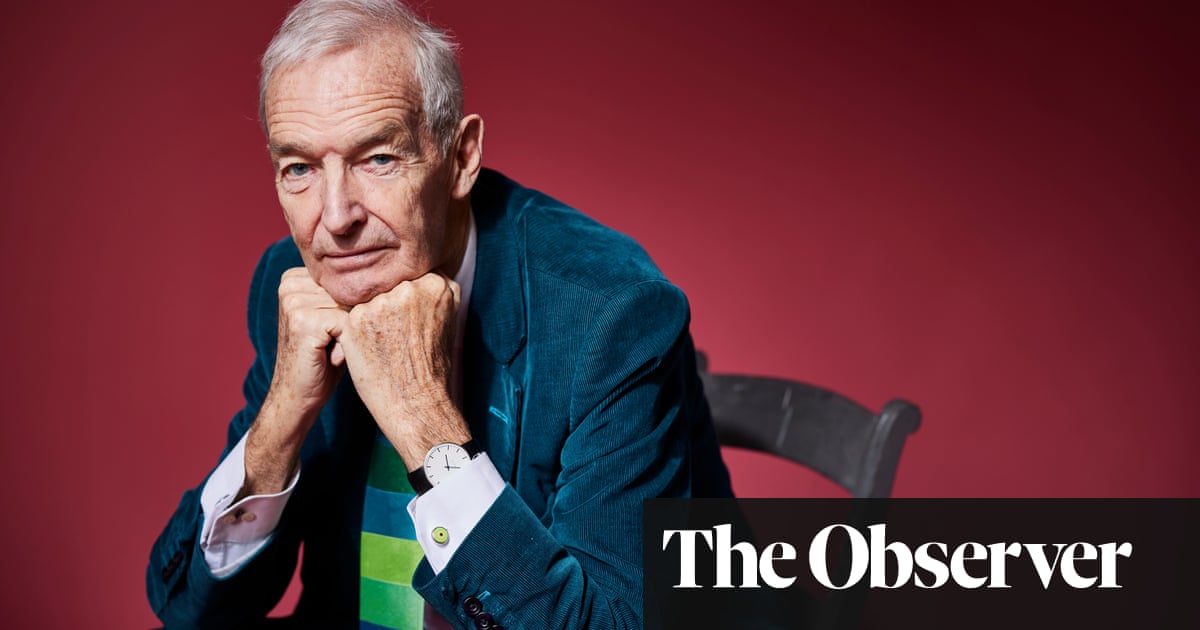
An Oscar Wilde play famously described a cynic as “someone who knows the price of everything and the value of nothing”. A quip that’s droll on stage loses its humour when it spreads too far into real life. Even Mark Carney thinks our obsession with market prices has gone too far. Fortunately, he is working on some solutions.
In “Value(s): Building a Better World For All” the former Goldman Sachs (GS.N) banker who went on to lead two major central banks dissects a trio of global crises to show all that market prices can fail to capture, to society’s detriment. He starts with an overview of economic history that traces how social and political priorities gradually became subsumed by the market. As Carney puts it, the “price of everything is becoming the value of everything”. This lays the foundations for a scathing critique of how policymakers and society can be led astray by excessive faith in the ability of markets to price risks accurately and deliver the best outcomes.
The credit crunch, the Covid-19 pandemic, and climate change demonstrate the problem. All three have either been caused or exacerbated by a failure to properly value the importance of safeguarding future well-being. Carney is well qualified to opine. He was head of the Bank of Canada between 2008 and 2013, when regulators first battled the global financial crisis and then rewrote banking rules. He held the same job at the Bank of England from 2013 to 2020. Now he’s the United Nations Special Envoy for Climate Action and Finance and UK Prime Minister Boris Johnson’s finance adviser for November’s global climate conference in Glasgow.
He shares a few good yarns. However, the book is not a tell-all memoir. Carney deploys anecdotes primarily to illustrate the rules for fighting major crises. These include former U.S. Treasury Secretary Timothy Geithner’s refrain of “plan beats no plan”, which underscores the importance of communicating clearly, honestly and frequently. Policymakers should also use overwhelming force to restore confidence.
An Oscar Wilde play famously described a cynic as “someone who knows the price of everything and the value of nothing”. A quip that’s droll on stage loses its humour when it spreads too far into real life. Even Mark Carney thinks our obsession with market prices has gone too far. Fortunately, he is working on some solutions.
In “Value(s): Building a Better World For All” the former Goldman Sachs (GS.N) banker who went on to lead two major central banks dissects a trio of global crises to show all that market prices can fail to capture, to society’s detriment. He starts with an overview of economic history that traces how social and political priorities gradually became subsumed by the market. As Carney puts it, the “price of everything is becoming the value of everything”. This lays the foundations for a scathing critique of how policymakers and society can be led astray by excessive faith in the ability of markets to price risks accurately and deliver the best outcomes.
The credit crunch, the Covid-19 pandemic, and climate change demonstrate the problem. All three have either been caused or exacerbated by a failure to properly value the importance of safeguarding future well-being. Carney is well qualified to opine. He was head of the Bank of Canada between 2008 and 2013, when regulators first battled the global financial crisis and then rewrote banking rules. He held the same job at the Bank of England from 2013 to 2020. Now he’s the United Nations Special Envoy for Climate Action and Finance and UK Prime Minister Boris Johnson’s finance adviser for November’s global climate conference in Glasgow.
He shares a few good yarns. However, the book is not a tell-all memoir. Carney deploys anecdotes primarily to illustrate the rules for fighting major crises. These include former U.S. Treasury Secretary Timothy Geithner’s refrain of “plan beats no plan”, which underscores the importance of communicating clearly, honestly and frequently. Policymakers should also use overwhelming force to restore confidence.
These lessons served Carney well when Britain voted to leave the European Union in 2016, and more recently when the BoE activated its contingency plans after the pandemic triggered mayhem in financial markets. They also inform his view of how to handle the fight against climate change, an existential threat he blames on a persistent failure to plan ahead, even though action today would be far less costly than in the future.
As with his descriptions of the financial crisis and Covid-19, Carney starts with a deep dive into the technical detail of the climate crisis. He then surfaces to offer possible solutions. This makes for dense reading for those unfamiliar with any of the three subjects but is a testament to his grasp of very different fields. And he leavens jargon with some well-chosen facts. For example, the number of weather-related events that have led to losses for insurers has tripled since the 1980s, while the inflation-adjusted value of such losses has risen fivefold.
“Value(s)” would make for grimmer reading if it didn’t include ways to redress what Carney calls “the narrowing of our values to market fundamentalism”. In the case of the credit crunch, Carney outlines regulatory changes that made banks more resilient, a test they passed during the pandemic. For climate change, his road map requires politicians to set national priorities and focus on meeting their climate pledges. Meanwhile, engineering and financial know-how can help hasten the reduction of greenhouse gas emissions to “net zero”.
Carney’s ambition is laudable but perhaps overlooks the difficulties some countries may have in clearly setting out values and goals. After all, contestation and trade-offs are inevitable in politics. But at least the Canadian is preaching what he practices. He was one of the first top central bankers to draw attention to the risks that climate change posed to the financial sector. Though critics argued he was exceeding his remit, his ideas have gone mainstream: 90 central banks and regulatory bodies are today members of the Network for Greening the Financial System. And last month Carney and John Kerry, the U.S. Special Presidential Envoy for Climate, launched a network for financial firms that have agreed to align plans to help mitigate carbon emissions.
When a man as well versed in finance and policymaking as Carney rails against the supremacy of market values, it’s clear that there is a problem. The consolation is that he is using his experience to try and change the status quo.
Follow @swahapattanaik on Twitter
CONTEXT NEWS
- “Value(s): Building a Better World for All” by Mark Carney was published on March 18 by William Collins.












